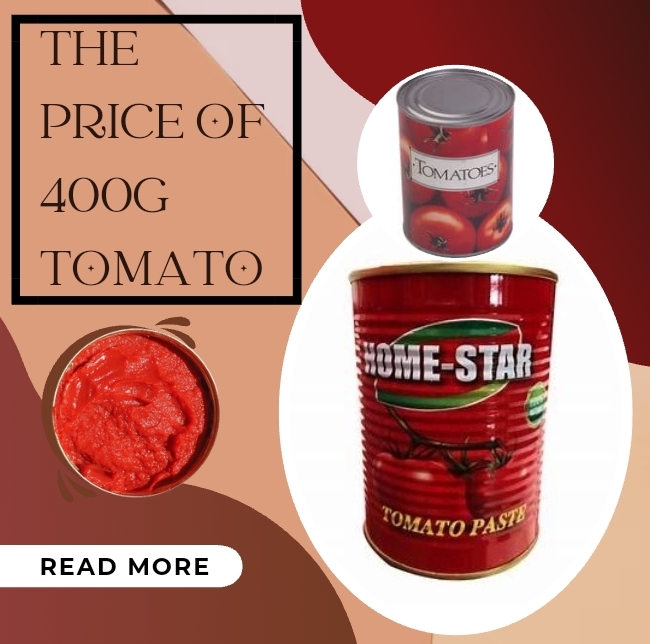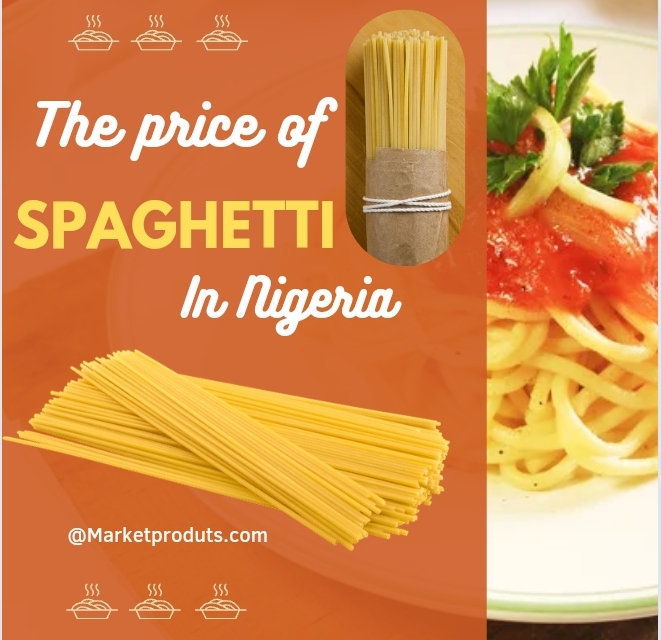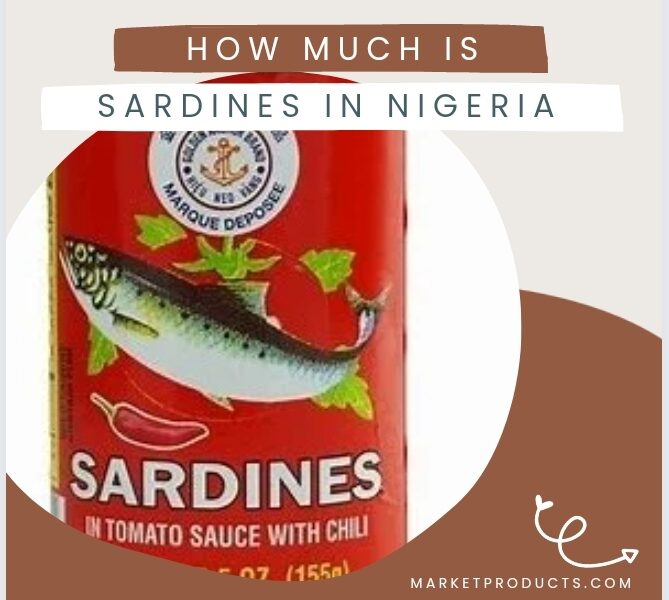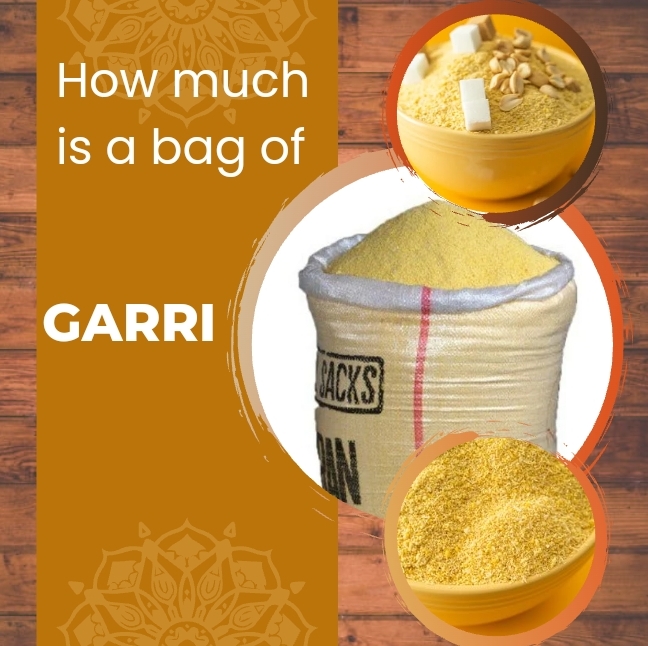How Inflation in Nigeria Has Impacted Prices – THEN VS NOW
Inflation in Nigeria is an ongoing concern that has had a significant impact on the prices of numerous goods and services. This article delves into the details highlighting price changes for a range of everyday items over the past year.
The pervasive nature of inflation extends beyond individual goods and services affecting entire supply chains and economic sectors. Businesses operating in inflationary environments often face challenges in forecasting costs and pricing strategies leading to uncertainty and volatility.
Price increases resulting from inflation can alter consumer behavior, prompting shifts in purchasing patterns and preferences. Inflationary pressures can also influence borrowing and lending activities with lenders adjusting interest rates to account for higher inflation expectations.
The real estate sector is particularly sensitive to inflation, as rising prices can impact property values, mortgage rates and housing affordability. Inflation can contribute to cost push inflationary pressures where businesses pass on increased production costs to consumers through higher prices. Export oriented industries may experience competitive disadvantages in inflationary environments, as higher domestic costs can affect international pricing competitiveness.
Inflation can also impact government budgets and public finances, influencing spending priorities and fiscal policy decisions. Managing inflation requires a delicate balance between stimulating economic growth and controlling price levels to avoid detrimental effects on purchasing power.
Ultimately, understanding the multifaceted impact of inflation is crucial for policymakers, businesses and consumers to navigate economic challenges effectively.
The Ripple Effect on Consumer Goods
Rice
Few years ago a 50kg bag of rice was priced at ₦20,000 in Nigeria. However, in the current year, the same bag now costs ₦80,000. This staggering ₦60,000 increase directly impacts households reliant on rice as a staple food.
Cooking Oil
The price of cooking oil has also surged. A 5 liter container previously priced at ₦3,000 now sells for ₦12,000. This 400% price hike impacts consumers’ cooking expenses significantly.
Transportation
Transportation costs have risen as well. A taxi ride that used to cost ₦500 now demands ₦2,000 marking a 300% increase and affecting daily commuters.
Housing Rent
Rent prices have seen a significant uptick. A one bedroom apartment that rented for ₦200,000 per year now requires ₦800,000 annually adding substantial financial strain on renters.
Bread
The price of bread, a staple food for many Nigerians has also risen dramatically. A standard loaf that sold for ₦300 last year now costs ₦1,200.
Eggs
Egg prices have followed suit with a crate of eggs (30 eggs) increasing from ₦1,200 to ₦4,800.
Milk
Dairy products like milk have become more expensive as well. A 1 liter pack of milk, previously priced at ₦400, now costs ₦1,600.
Meat
The price of meat has also seen a significant upward trend. Beef for example has gone from ₦1,000 per kilogram to ₦4,000, a 400% increase impacting consumers’ protein expenses.
Electricity
Utility costs have risen with electricity prices increasing by 100%. A typical monthly electricity bill that was ₦10,000 last year is now ₦20,000.
Mobile Data
Telecommunication services have also seen substantial price adjustments. Mobile data plans which used to cost ₦2,000 for 2GB, now require ₦8,000 for the same amount of data.
School Fees
Education expenses have gone up as well with school fees increasing by 80% on average across various educational institutions.
Clothing
Apparel prices have also seen a significant hike with items like jeans increasing by 120% compared to last year.
Petrol
Fuel prices have seen fluctuations with the cost of petrol rising by 60% from ₦260 per liter to ₦690 per liter.
Price Comparison: Last Year vs. Current Year
Here’s a comparative view of price changes for select goods between last year and the current year with the new prices almost at 400% higher than the original prices:
| Goods | Price Last Year | Price Current Year | Price Difference |
|---|---|---|---|
| Rice (50kg) | ₦20,000 | ₦80,000 | ₦60,000 |
| Cooking Oil (5L) | ₦3,000 | ₦12,000 | ₦9,000 |
| Taxi Ride | ₦500 | ₦2,000 | ₦1,500 |
| Rent (1 bedroom) | ₦200,000 | ₦800,000 | ₦600,000 |
| Bread (standard) | ₦300 | ₦1,200 | ₦900 |
| Eggs (crate) | ₦1,200 | ₦4,800 | ₦3,600 |
| Milk (1L) | ₦400 | ₦1,600 | ₦1,200 |
| Beef (per kg) | ₦1,000 | ₦4,000 | ₦3,000 |
| Electricity (monthly bill) | ₦10,000 | ₦20,000 | ₦10,000 |
| Mobile Data (2GB) | ₦2,000 | ₦8,000 | ₦6,000 |
| School Fees | Varies | 80% increase | Varies |
| Clothing (jeans) | Varies | 120% increase | Varies |
| Petrol (per liter) | ₦260 | ₦690 | ₦430 |
Reasons Behind Price Shifts
Currency Fluctuations
The depreciation of the naira against other currencies has led to higher prices for imported goods, amplifying inflationary pressures across various sectors.
Supply Chain Challenges
Disruptions in global supply chains coupled with local logistical issues, have caused shortages and increased production costs, driving prices upward.
Rising Production and Operating Costs
Increased expenses related to labor, raw materials, transportation and energy have forced businesses to adjust prices significantly to maintain profitability amid inflationary trends.
FAQs on Inflation and Price Changes
Q1: How can consumers cope with such dramatic price increases?
A1: Consumers can explore budgeting strategies, prioritize essential purchases, seek cost effective alternatives and leverage discounts or promotions to manage their expenses effectively.
Q2: Are there any sectors or goods that have seen price stability amidst inflation?
A2: While most sectors have experienced price hikes, localized factors, competitive dynamics or government interventions may lead to price stability for certain goods or services.
Q3: What long term impacts can such steep price increases have on the economy?
A3: Steep price increases can impact purchasing power, consumer confidence, investment decisions and overall economic growth, necessitating prudent fiscal and monetary policies to mitigate adverse effects.
The surge in prices across various goods and services in Nigeria reflects the significant impact of inflation on consumers, businesses and economic stability. Understanding the underlying drivers and adopting proactive measures is crucial for individuals and organizations to navigate these challenging economic conditions successfully.
By staying informed, adapting strategies and advocating for policy reforms where necessary, stakeholders can mitigate the adverse effects of inflation and work towards sustainable economic resilience.







1 comment
The price of Petro here in my area Ota Ogun state is now 850_900 due to fuel scarcity, it is well O we only survived by the grace of God this days. May God healed our land